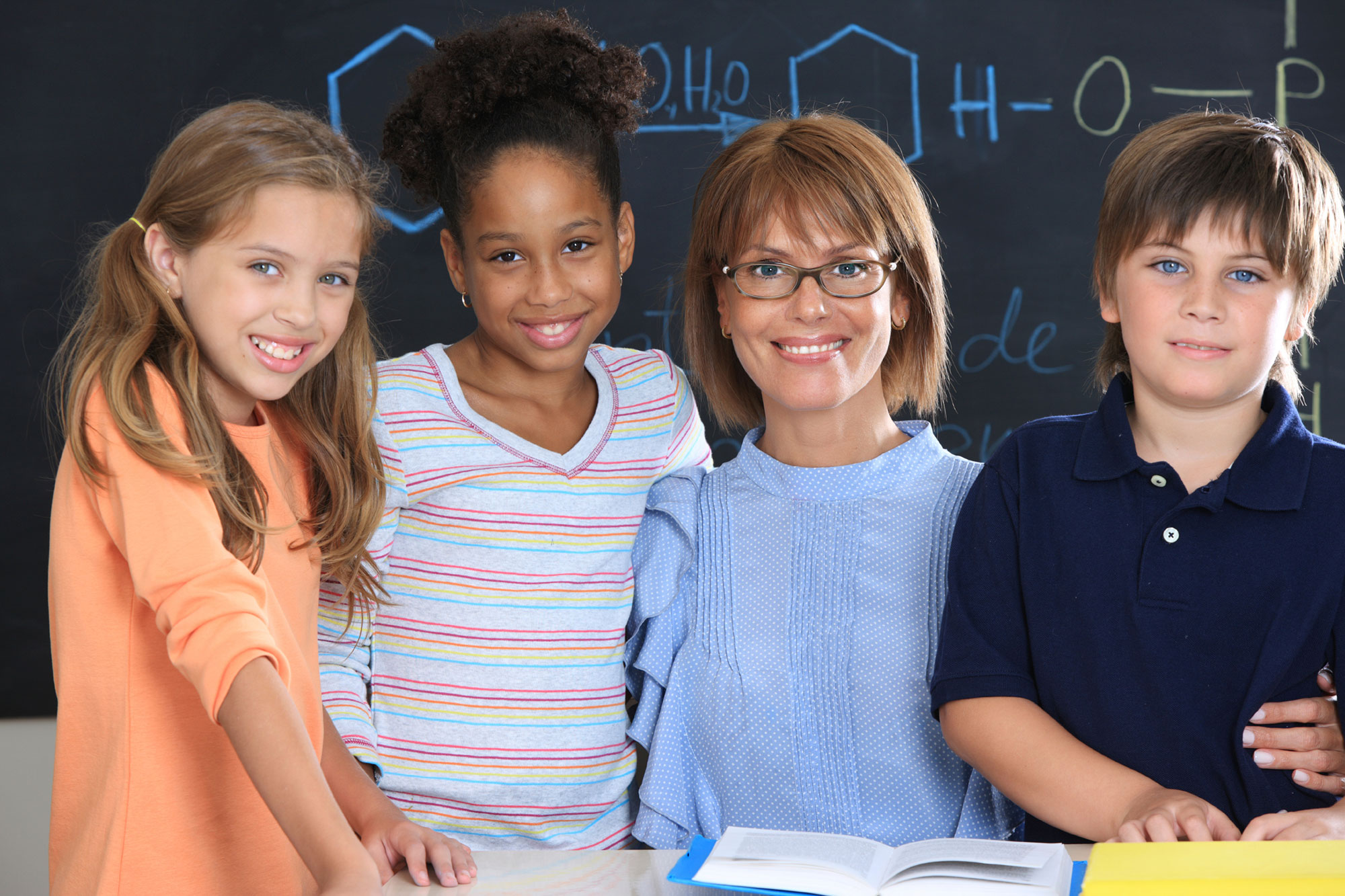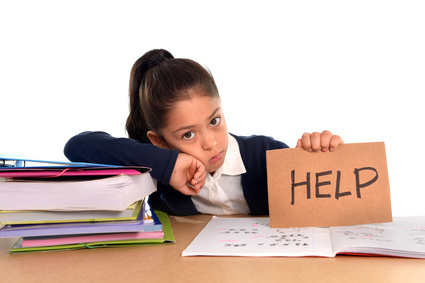How Reading Specialists Open Up a World of Creativity, Imagination and Learning

Reading is one of the most important life skill a person learns from a very early age. It’s a skill that we need throughout our life; for both professional and personal developments. What’s more, the importance of reading (as a daily activity) cannot be ignored since it is also one of the most popular leisure activities people indulge in (as is evident by the growing market size of the $29-billion book publishing industry in the U.S.).
In spite of the obvious importance and the nation’s collective push towards improving reading comprehension among school students, the classrooms in our country are full of young children who need additional training and help.

One reason for this could be the changing composition of our schools over the last few years. No longer are the classrooms filled with a more or less homogeneous group of children. Today’s schools face unique challenges as they have to cater to students from diverse cultural, ethnic, and linguistic backgrounds.
These schools need help from a growing breed of educational professionals called ‘reading specialists’ to focus on developing their students’ reading skills.
Who are Reading Specialists?
Different students have different physical, emotional, and learning needs. When it comes to reading, one of the groups that pose a huge challenge for teachers is the English language learners who routinely struggle with reading and comprehension.
These unique and growing challenges call for the services of specialists who have advanced training and experience in addressing reading-related difficulties. These specialists are called reading specialists. They are resource teachers who have completed reading specialist programs and are responsible for improving the literary performance of students, especially those with reading deficits.
What exactly do they do?
As mentioned earlier, the crux of a reading specialist’s job is to improve the reading performance of his/her students ranging from kindergarten to grade 12. They have various ways of doing that.

- They could work one-on-one with students who have reading difficulties and support them through a diverse set of strategies and methods.
- They assess children’s reading capabilities, devise individualized lesson plans according to their skill-level, and help them overcome reading difficulties through reading and writing activities.
- In addition to working with individual students, they can also work with entire classes and grades to improve reading and comprehension among students through specialized reading programs and implement school- as well as community-wide reading intervention plans.
Additional Responsibilities
- A new role for reading specialists has also emerged in the recent times, especially in schools with a large number of struggling readers. In this role, reading specialists mentor or coach teachers (instead of working directly with the students). They help teachers develop and implement instructional material, provide feedback on completed lessons, and assess the effectiveness of the reading programs.
- Additionally, they are required to spend a lot of time on research trying to find scientifically-based reading instructional strategies and programs. They are also required to encourage and support teachers in using these scientifically-based programs and strategies in their classrooms.
How does one become a reading specialist?
Education and training requirements vary by state, but you’ll need at least a Bachelor’s degree and a teaching certification in the state you reside in (to start with). Some states may require candidates to hold a Master’s degree. Concordia University Texas offers an online Master of Education in Advanced Literacy Instruction degree program for full-time teachers who’re too busy with their professional commitments to attend on-campus classes.
Reading specialists work with kids – both gifted and those with learning disabilities – on a daily basis, thus enriching both the children’s as well as their own lives. They combine their scientific knowledge with imagination and creativity to better the future of these children, who are in a sense the future of America.
